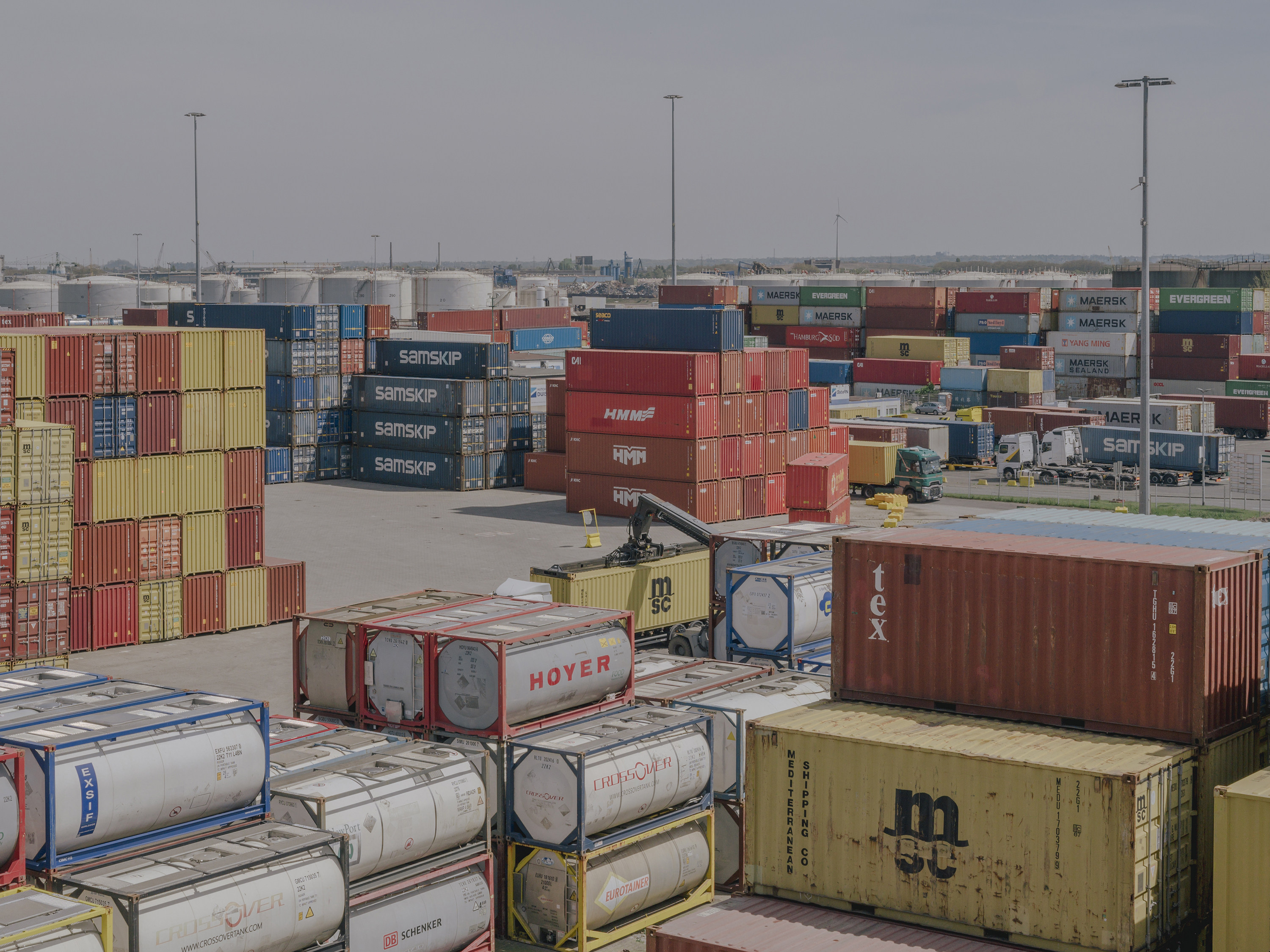
- Long a champion of co-operation with China, Duisburg has abandoned its partnerships there amid growing scepticism in the European Union towards Beijing
Trains laden with containers of clothes and solar panels straight from China still trundle into the station here about five times a day, but other plans to forge links between this German city and Beijing have ground to a halt.
Duisburg’s aspirations of using Chinese tech giant Huawei Technologies to modernise its administration, schools and traffic systems are on ice. Construction of a Chinese business hub on the Rhine River has been abandoned, and embarrassment hangs in the air.
Local officials who not long ago touted Duisburg as Germany’s “China City” say that’s not a tagline they want to use any more.
“Public opinion has changed, political opinion has changed,” says Markus Teuber, the China commissioner for Duisburg, the sole German city to have such a post.
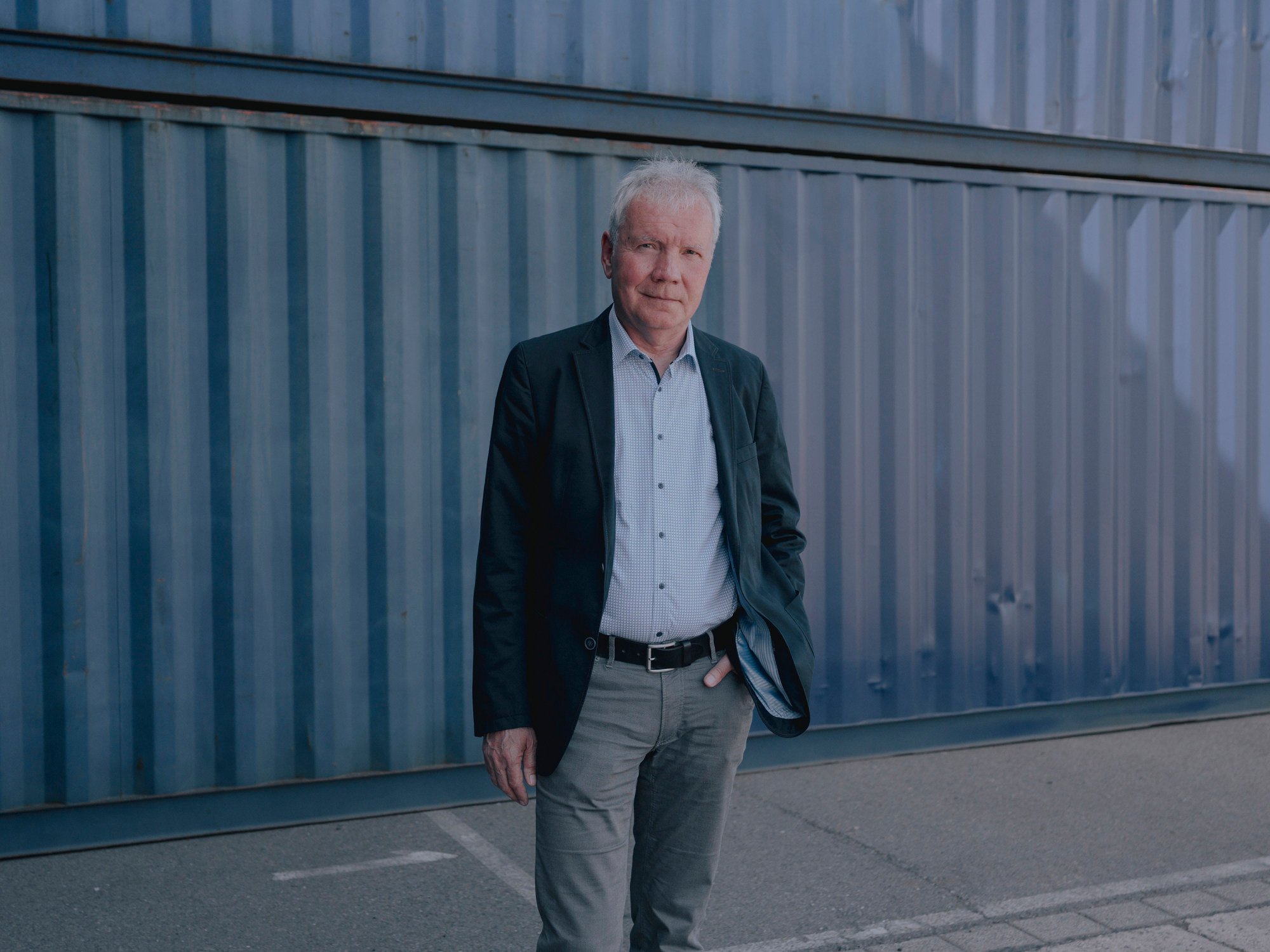
The shift in this western German city of 500,000 mirrors a broader rethink in Europe on relations with Beijing.
Trade continues to flow – China remains the 27-nation European Union’s top trading partner. Yet the EU has inched closer to Washington’s sceptical view of Beijing, a trend the United States expects to continue despite a Chinese “charm offensive”, according to US military documents leaked on the group-chat platform Discord.
‘Belt and Road’ plan for Europe’s first ‘smart city’ in Bulgaria collapses
European policymakers are wary after seeing how dependence on Russian energy limited their leverage when President Vladimir Putin’s tanks rolled toward Kyiv.
“We are no longer this naive continent that thinks, ‘Wow, the wonderful China market, look at these opportunities!’” says Philippe Le Corre, a French analyst with the Asia Society Policy Institute. “I think everyone has got it.”
The splits are apparent in the rhetoric of different European leaders – and in the ongoing negotiation of a new strategic policy from Germany, which as the EU’s largest economy accounts for half of the bloc’s €223 billion (HK$1.91 trillion) in annual exports to China.
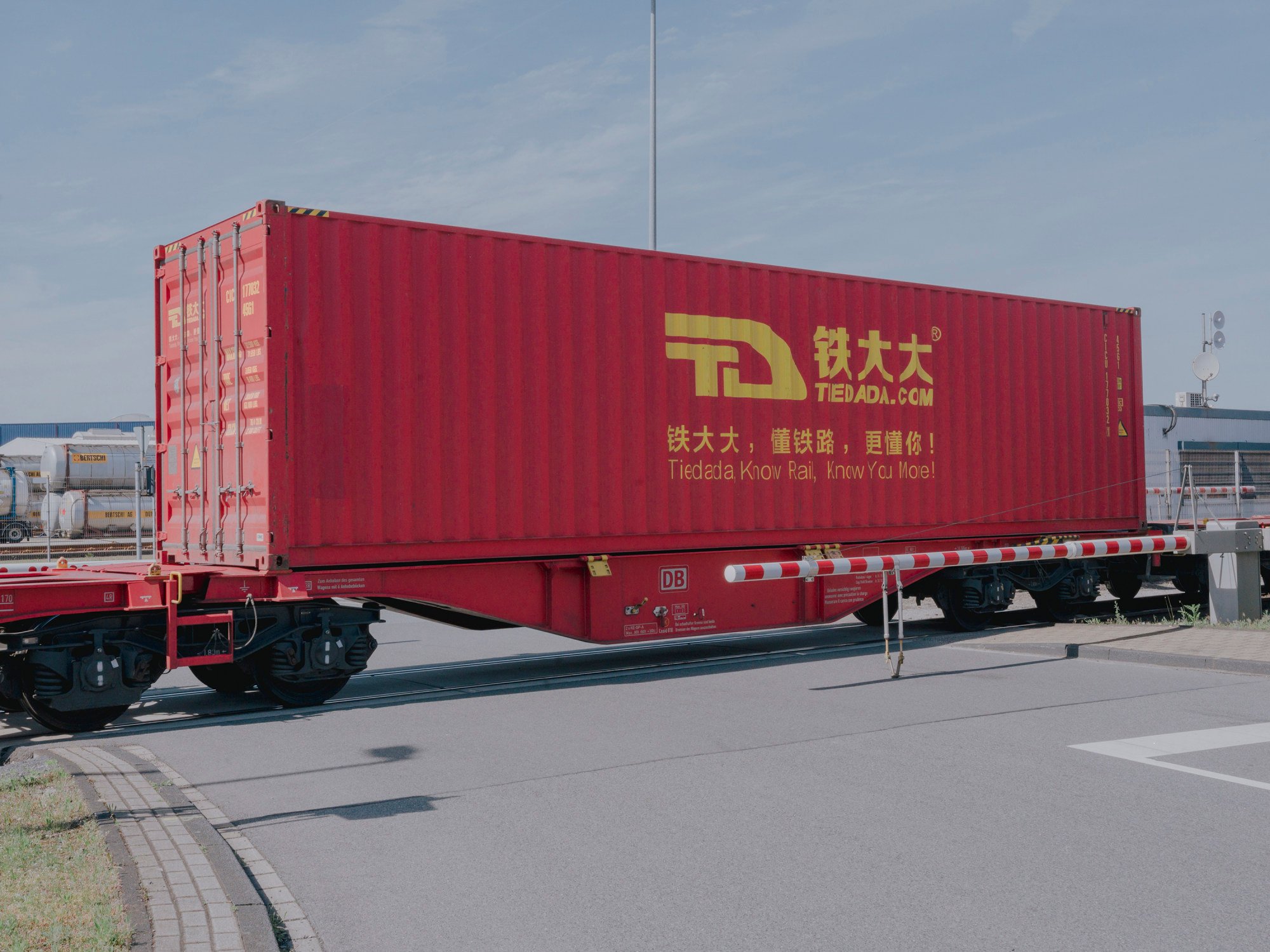
German Economy Minister Robert Habeck first mentioned in September last year that a new policy was in the works. A draft written by the German Foreign Ministry in early November provides insight into some of the guardrails under debate, but officials say internal wrangling is still under way.
Coalition partners are broadly in line but “nitty-gritty details” need to be worked out, according to one German official, speaking on the condition of anonymity to discuss internal government policy.
He pushed back on the idea of a delay, yet acknowledged that it would be “optimistic” to expect the strategy before the end of the year.
As European policymakers have been hashing out their positions, China has embarked on a new effort to shape perceptions, advance defence objectives and counter US influence, according to two US joint chiefs of staff briefing documents leaked on Discord.
“Beijing is supplementing its ‘wolf warrior’ diplomacy” – assertive, bombastic – “with a more measured approach,” one undated briefing document described, citing public statements by Chinese officials in March.
Germany regards China as a competitor, rival and a partner and sees itself closely aligned with its European and transatlantic partnersSteffen Hebestreit, a German government spokesman
China’s push has been largely failing, the undated assessment determined, based on March conversations with European diplomats.
“Beijing likely does not fully recognise the extent to which European partners are wary of the PRC’s intentions, and believes its changing rhetoric is sufficient to frustrate transatlantic ties,” it concluded, using the acronym for the People’s Republic of China.
“European officials likely will aim to secure their economic interests while increasingly aligning with US views on the PRC.”
Indeed, the Italian government indicated in May that it intends to pull out of China’s Belt and Road Initiative while European Commission President Ursula von der Leyen is pushing for export controls on sensitive technologies.
How dams in China are destroying livelihoods downstream in Cambodia
But wariness levels are uneven across Europe. Hungary’s populist government has been deepening connections, with Foreign Minister Péter Szijjártó signing a new deal with Huawei during a visit to Beijing in May.
And the leaked US briefing documents appear to have been written before French President Emmanuel Macron was feted with a state visit to Beijing in April, touted China’s potential as a peacemaker and warned Europe that it risked becoming a “vassal” to the US and getting “caught up in crises that are not ours”.
No country is as pivotal as Germany for Europe’s relationship with China. In addition to being responsible for such a significant portion of EU exports to the mainland, Germany accounts for most EU investments in China, with some 5,200 German companies engaged in manufacturing there, employing 1.1 million people.
On a map accompanying the leaked US documents, almost all of Europe was marked as having “minimal receptivity” to China’s overtures, except Germany and Serbia, which were assessed to have “moderate receptivity”.
How Hong Kong ‘battlefield’ scarred by developers is restoring its wildlife
German government spokesman Steffen Hebestreit declined to comment on the document. “Generally, Germany regards China as a competitor, rival and a partner and sees itself closely aligned with its European and transatlantic partners,” he wrote in an email.
The uncertain position of Europe’s largest economy is what makes it “so relevant and interesting to China”, says Tim Rühlig, a senior research fellow at the German Council on Foreign Relations. “Germany is quite important on this balance on where the EU ends up.”
Scholz has repeatedly stressed that Berlin is seeking to “de-risk” rather than “decouple” from Beijing.
German officials want to strengthen regulation of foreign investments in critical infrastructure.
The Interior Ministry is investigating the risk of existing Chinese components in Germany’s 5G network and the implications of Germany’s rail network, Deutsche Bahn, signing a contract with Huawei for the backbone of its signalling-and-control network.

The Economics Ministry, meanwhile, has suggested “stress tests” that would anticipate vulnerabilities if sanctions against China were imposed, according to an internal ministry document.
When it comes to overall strategy, Germany’s new China policy “will explain what de-risking means in actual terms concerning trade and technology science, culture and also on different levels of government within Germany”, says Nils Schmid, parliamentary foreign affairs spokesman for Scholz’s Social Democrats.
The draft indicates that German officials are considering controls on outbound investments, “with a view to avoiding unwanted technology transfer, especially in the case of sensitive dual-use technologies and technologies that can be used for surveillance and repression”.
The draft, first reported in November by German news outlet Der Spiegel, takes a harder line than Germany sometimes has in the past, calling out the Chinese leadership for being willing to use their market as leverage, admonishing Beijing for human rights violations and referencing the need for companies doing work in China to be “respecting environmental standards and labour rights and ensuring no forced labour in the supply chain”.
Just how much of the early draft will end up as policy remains unclear, with the Foreign Ministry, headed by Germany’s Green Party, more strident on China than Scholz’s chancellery. “It’s a very preliminary draft,” the German official says.
Duisburg had not that much good news in the past years, that they made the mistake to stress too much a positive thingJohannes Pflug, head of the China Business Network Duisburg
A broader national security strategy, which will include a chapter on China, will be released in the coming weeks, with a more detailed China strategy to follow, the official says.
For Duisburg – a city with high unemployment and a skyline dotted with the hulking vestiges of its former place at the heart of German industry – the draw of Beijing had been strong.
Local German officials pitched the potential of their inland port, one of the largest in the world, and pinned their hopes of an economic turnaround on China.
Even as other countries were blocking Huawei from critical infrastructure, Duisburg was going all in. It signed a 2018 memorandum with the tech giant to build infrastructure for government service portals and a “smart-city nervous system”.
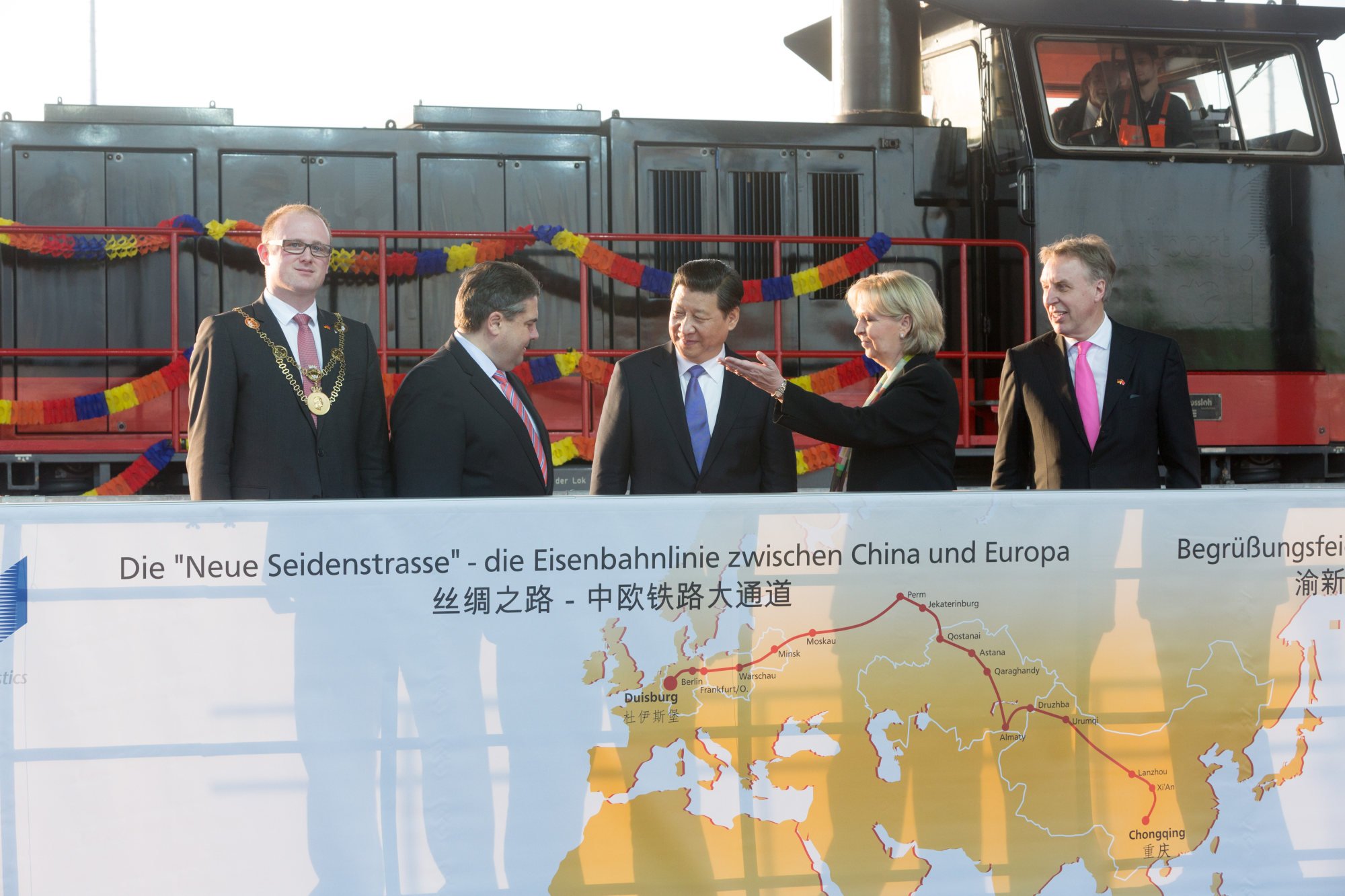
But that era is now over.
An effort by “alleged Chinese diplomats” to reach out to local security officials earlier this year was flagged as a concern, according to one official, who spoke on the condition of anonymity because of the sensitivity of the topic.
“Since there were fears of spying attempts, no meeting took place in the end,” the official says.
And Chinese shipping giant Cosco – which has been the subject of controversy with its recent purchase of a stake in the German port of Hamburg – quietly sold its 30 per cent share in the Duisburg Gateway Terminal in October.
Markus Bangen, CEO of the Duisburg port, says contractual terms prevent him from commenting on the specifics, but he implies that Cosco was asked to leave.
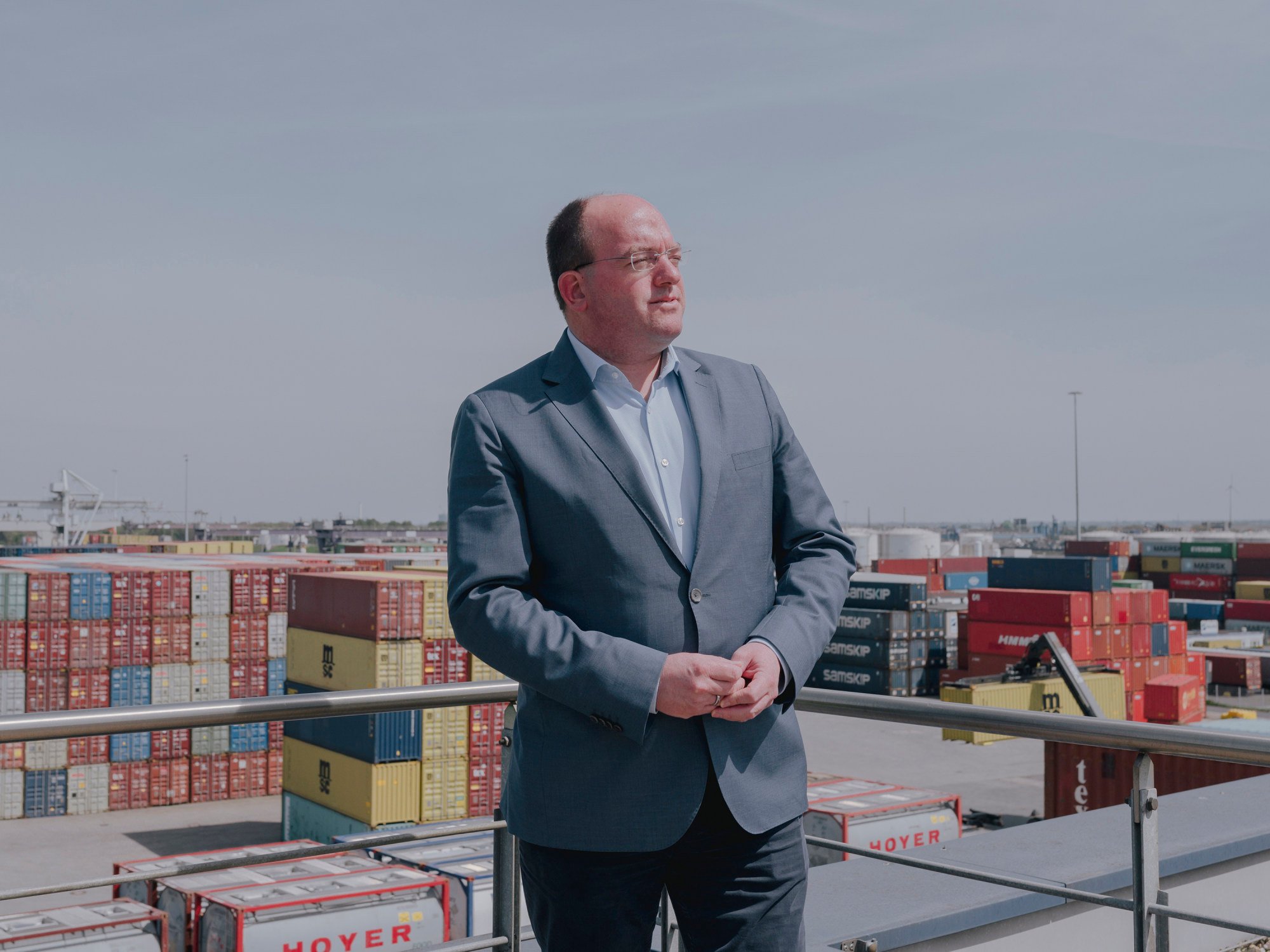
“There are rules in our contracts, and you have to follow these rules,” he says. “If you don’t do so, it’s like in soccer, there’s a yellow card. Sometimes the second yellow card, but then follows the red card: you’re kicked out.”
Duisburg officials are now keen to downplay the city’s links to Beijing.
Johannes Pflug, head of the China Business Network Duisburg and formerly the city’s China commissioner, says the trains from China – which had been trumpeted in numerous press releases – are only a small fraction of the port’s business.
“The city of Duisburg had not that much good news in the past years, that they made the mistake to stress too much a positive thing.” Now the city is more clear-eyed, he says. “For the port of Duisburg, I can confirm, yeah, we made a mistake.”

